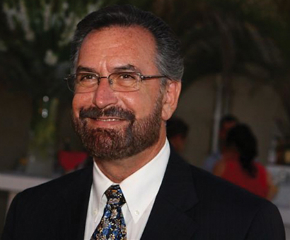Beginning to talk: An interview with Rabbi David Rosen
 |
Read the related article on Orthodox rabbis reckoning with Christianity.
David Rosen, former chief rabbi of Ireland, is director of International Affairs for the American Jewish Committee, past chairman of the International Committee on Interreligious Consultations, and a founder of the Interreligious Coordinating Council in Israel, which among other activities brings mainstream religious leaders from Arab (Muslim and Christian) and Jewish communities in Israel together for conversation. He has served as a member of the advisory committee of the World Congress of Imams and Rabbis and has been part of the World Economic Forum’s Council of 100.
How would you characterize the dialogue between Christianity and Judaism in Israel?




